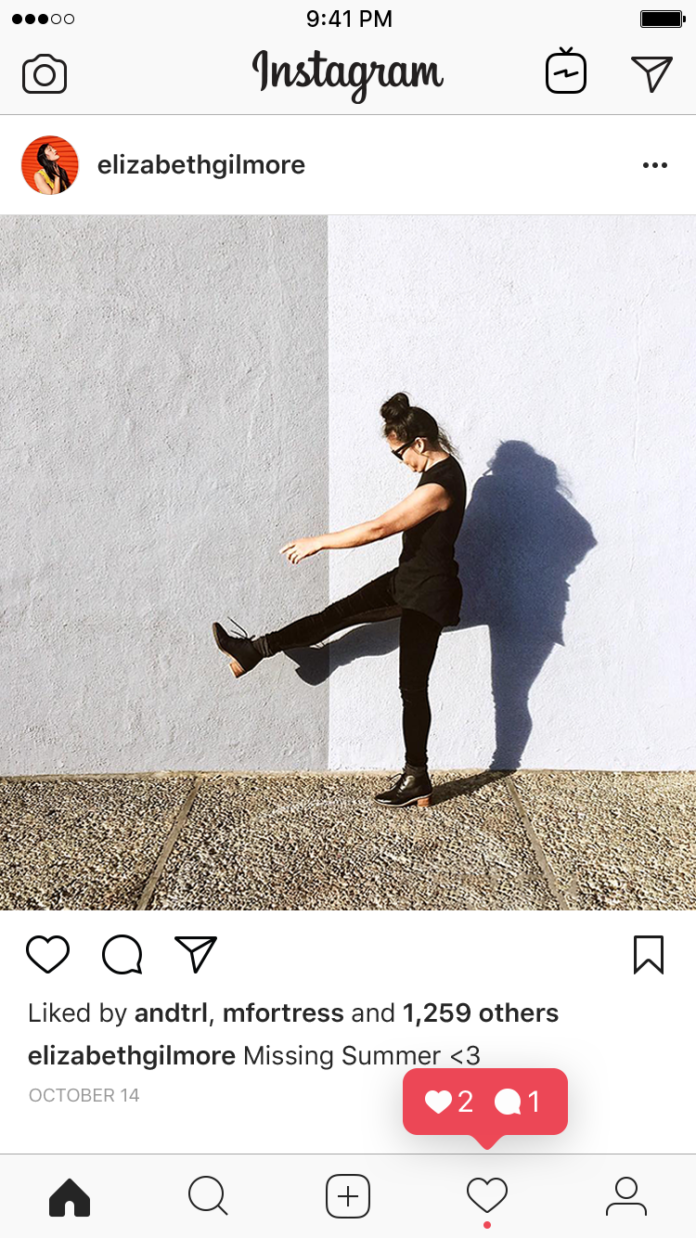By: Nick Gambino
It’s almost universally recognized that social media platforms like Instagram have their pluses and minuses. On the plus side we have the ability to connect with others in a way we never dreamed, creating harmony. On the minus side is the havoc worshipping a perfect “Insta life” can wreak on one’s self esteem.
Criticisms of this nature have been hurled at the more popular apps (Facebook, Instagram, Twitter, etc.), and to their credit they have been responding with a number of changes that seek to bring balance to their respective platforms.
The newest feature being tested by Instagram in Canada would see a major change to the way most users view and use the app. They’ve started testing hiding Like counts from other users who see your posts. The original poster would still be able to see all of the people who “hearted” their image if they click through, but others won’t see a running total. Of course, they could count the Likes themselves, but that gets a bit tiring around 63 or so.
“Later this week, we’re running a test in Canada that removes the total number of likes on photos and video views in Feed, Permalink pages and Profile,” a spokesperson for Instagram told TechCrunch. “We are testing this because we want your followers to focus on the photos and videos you share, not how many likes they get.”
These Like counts have turned Instagram into a battle for admiration all represented by a single number. For some, if that number isn’t high enough it warrants removing the image and possibly denting their sense of self-worth.
This is not only a noble or moral move by Instagram but is also a savvy one. If users felt more comfortable putting themselves out there without fear of having a Like count act as a beacon of “how well their post is doing,” then the Gram might find more users posting and new users joining.
While the Like count won’t be visible, it will still be used as part of Instagram’s algorithm to rank posts and how often they’re seen. The company is also working on how to communicate an influencer’s value to sponsors despite not being able to show it in a snapshot with a large number of post Likes.
As an outspoken critic of the psychological dangers of social media, this is a welcome change. If we can bring the focus back to individuals connecting and communicating on similar interests, then maybe there’s hope in the Age of Social Media.










